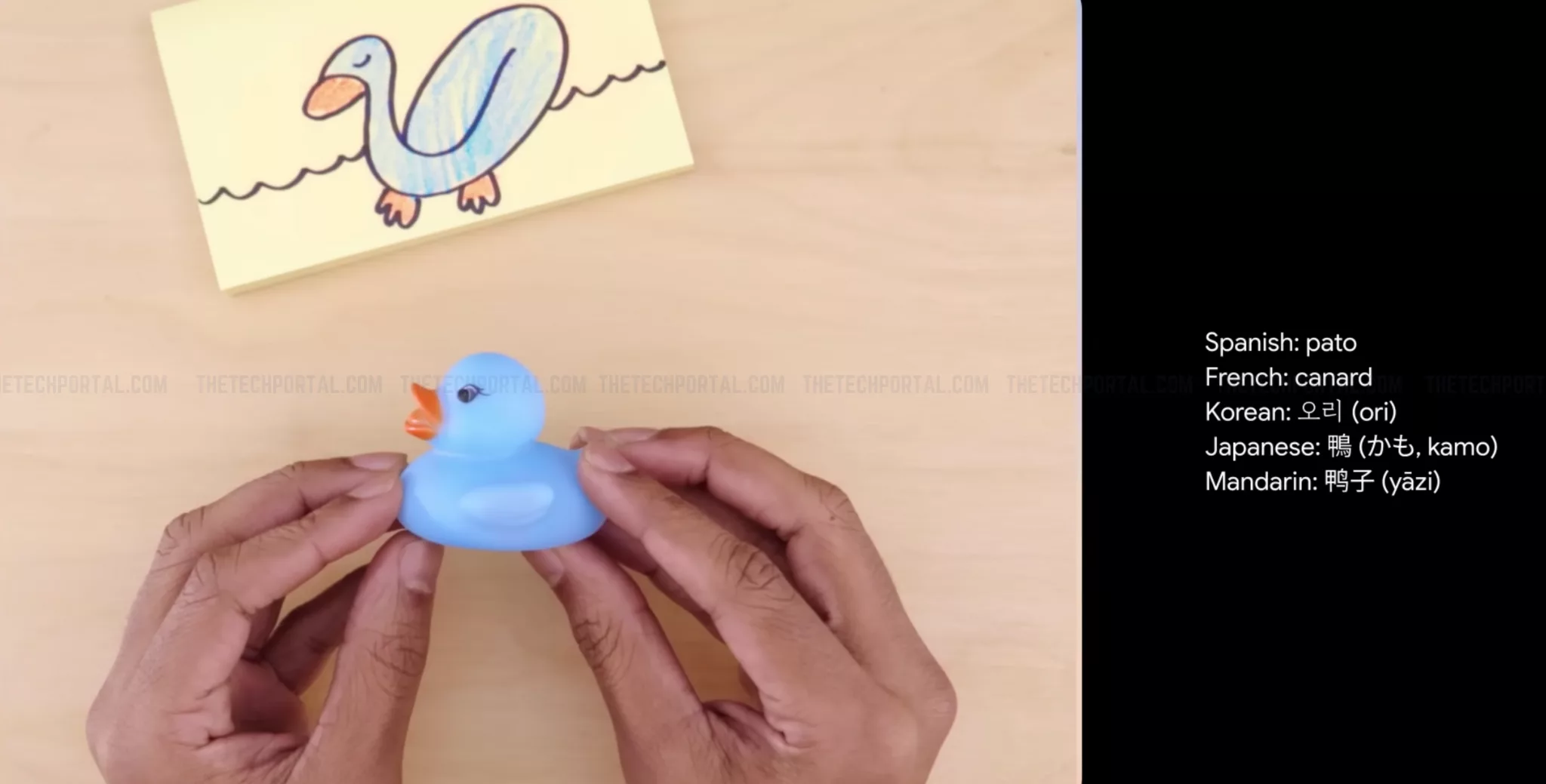
Google’s best Gemini AI demo video was apparently a fake
In a surprising turn of events, Google has admitted that its mind-boggling Gemini AI demo video, showcasing the capabilities of its new multimodal model, wasn’t entirely real. The revelation has raised questions about the readiness of Gemini AI for public use and echoes past controversies surrounding Google’s demo videos.
On Wednesday, Google introduced Gemini AI, its powerful multimodal model, through a demo video that left viewers in awe. The video demonstrated Gemini’s ability to understand and respond to real-time prompts, combining text and image cues seamlessly. However, Bloomberg’s Parmy Olsen uncovered that the demo wasn’t as authentic as it seemed.
Google has confessed to editing the demo video, specifically reducing latency and shortening Gemini’s outputs for brevity. Contrary to the video’s portrayal, the live demonstration didn’t involve real-time voice interaction between the human user and the AI. The discrepancies between the video and the actual capabilities of Gemini have led to concerns about the transparency of Google’s presentation.
In reality, the live demonstration relied on still image frames from the footage, with instructions provided through text prompts. The lack of voice interaction and the use of carefully tuned text prompts have made the video appear underwhelming compared to the initially jaw-dropping demonstration.
Oriol Vinyals, co-lead of Gemini at Google, defended the video in a post on X, stating, “All the user prompts and outputs in the video are real, shortened for brevity. The video illustrates what the multimodal user experiences built with Gemini could look like. We made it to inspire developers.” However, this statement has been met with scepticism, with users highlighting the lack of transparency and the misleading nature of the video.
This incident draws parallels to Google’s past controversies, including the Google Duplex demo at Google I/O 2018. The Gemini AI video, like the Duplex demo, has faced criticism for potentially misleading viewers about the real-time capabilities of the technology.
Gemini, touted as Google’s response to ChatGPT from OpenAI, was initially perceived as a major step forward. However, the controversy surrounding the demo has led to a reevaluation of Gemini’s breakthrough status. The video’s staged nature has cast doubts on the extent of Gemini’s advancements compared to ChatGPT.
Google’s admission of edits in the Gemini AI demo video has stirred controversy, reminiscent of past incidents. The incident prompts a critical examination of the AI industry’s competitive landscape, raising questions about the transparency and readiness of emerging technologies for public use. As Gemini faces scrutiny, the broader implications on public trust in AI development and demonstrations are yet to unfold.
Here’s a look at the video. Preeeetty sweet, though only if it was actually what it is.


